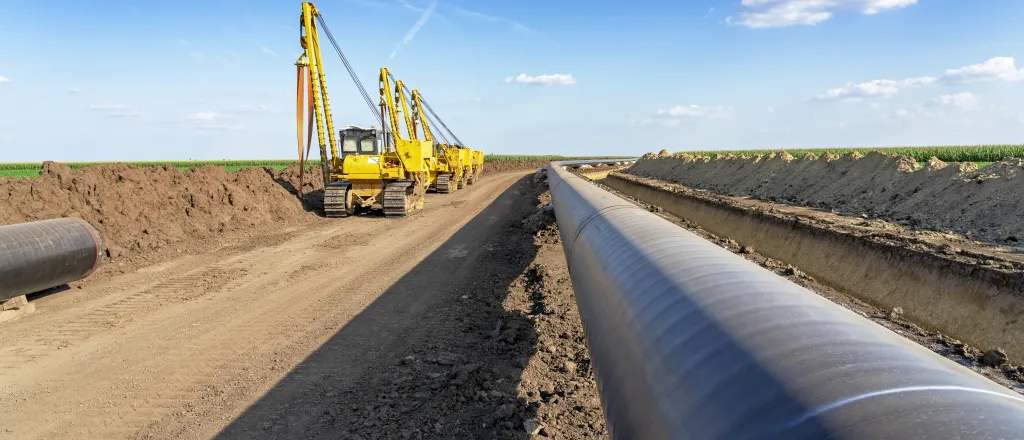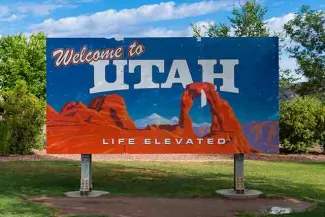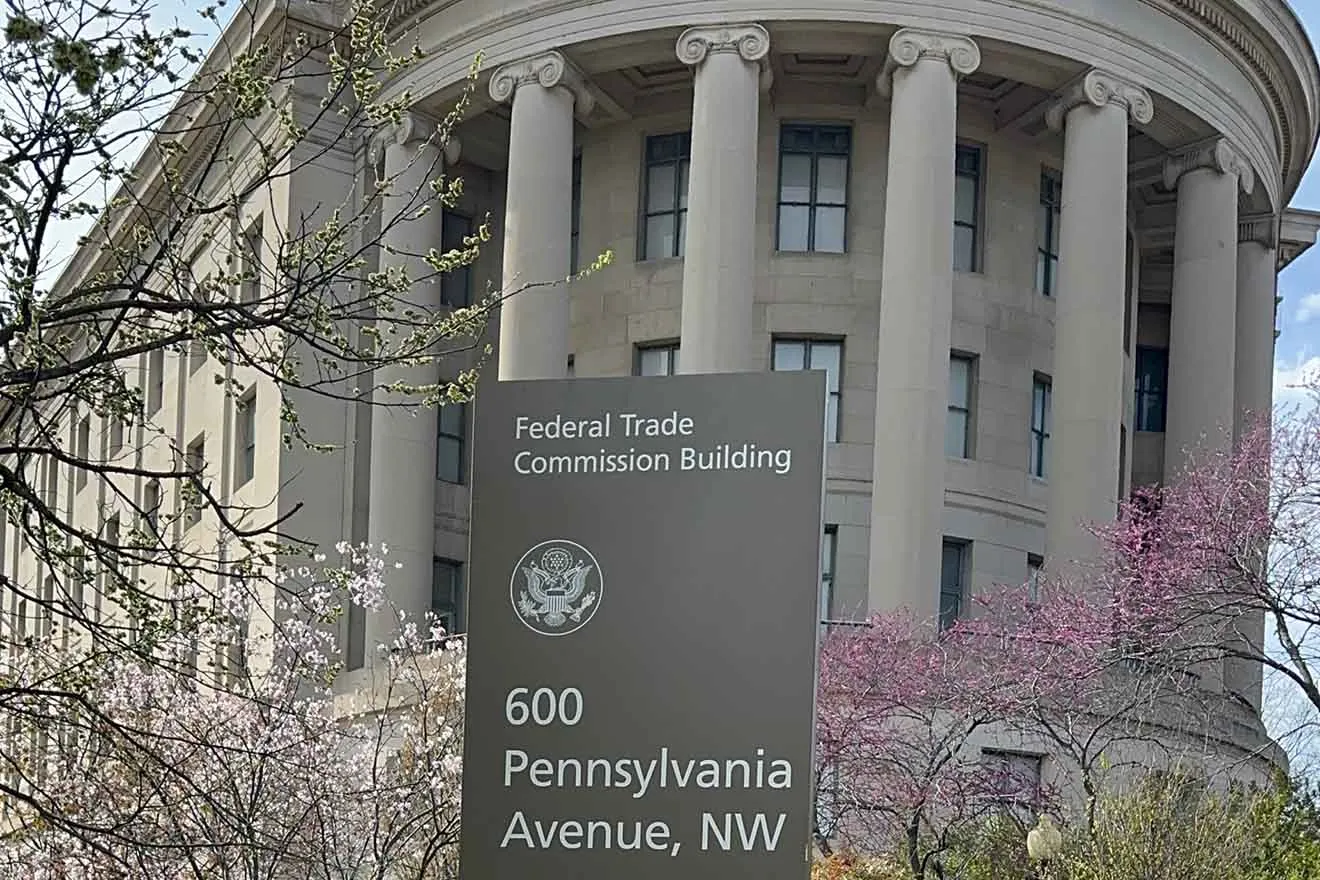
Proposed gas pipeline rule could help keep Utah communities safe
Click play to listen to this article.
(Utah News Connection) One Utah public lands advocate is standing behind the Pipeline and Hazardous Materials Safety Administration's proposed rule which aims to improve oversight and reduce pollution from the nation's three million miles of U.S. natural gas pipelines.
Ashley Korenblat is the managing director for Public Lands Solutions.
She said the rule is critical to "move the needle," in an effort to slow climate change, and contends it would play a significant role in what she called "rural public land communities," in the Beehive State.

© iStock - gnagel
"The leaks reduce the amount of gas collected and thus lower royalty payments which many counties depend on," said Korenblat. "So that is a problem. The leaks also damage air quality near important recreation assets like national parks, bike trails, climbing areas and other public lands that are economic drivers for rural communities."
Korenblat said companies are moving to states like Utah in search of a better quality of life, but adds that poor air quality in oil dependent communities damages their future of economic prosperity.
Korenblat encouraged operators to look at the benefits of policy action which would help slow the rate of climate change, protect public health, create jobs and prevent wasting energy.
Some in the industry argue new methane leak regulations would cost too much.
Korenblat said in 2019, fossil fuel producers in Utah wasted an estimated 16 billion cubic feet of natural gas, 87 percent coming from leaks.
She said the problem results from an industry that tolerates leakage.
"There are technologies to detect and better monitor and better contain the gas," said Korenblat. "All of these technologies and this work would actually create jobs in oil field communities, but the operators are not that interested in making the investment unless this rule comes into play."
Korenblat said larger operators do have the profits to invest in newer technologies, but should do more to support smaller operations.
She contended no progress will be made unless the rule is finalized - which is why she and others are calling on Transportation Secretary Pete Buttigieg to take action.














